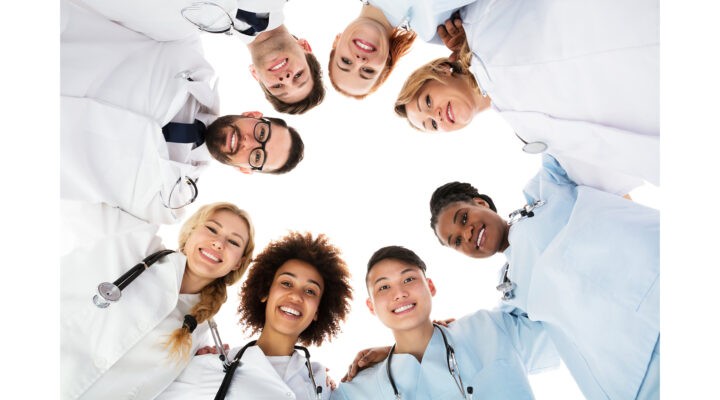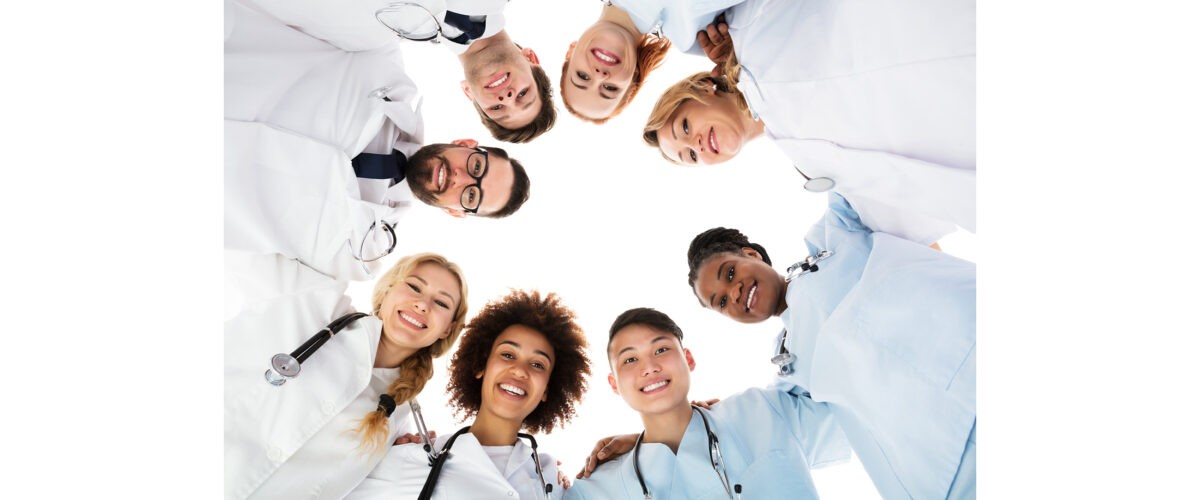I am not accustomed to discussing publicly my personal health on the internet (or most anywhere else), but in this case, I am going to make an exception and do just that.
When Janice and I returned to the United States in 2014, after having lived in the Mediterranean for more than a decade, we were not surprised but impressed with the quality of medical care available to us in the area near our new home in Georgetown, Texas. Since that time, we often have benefitted from the routine medical treatments folks our age usually need. Recently, one of my specialists recommended that I schedule an outpatient surgical procedure and, after thoughtful consideration, I decided to do so. The hour-long surgery took place early in the morning at Baylor Scott and White Hospital in Round Rock, Texas.

Bob Newell
As one who often has stood by the hospital bedside of countless friends and church members, having the roles reversed and being in the bed as a patient is, of course, a useful learning experience. Anyone who would seek to care well for people in hospital beds would benefit from having to spend some time there for themselves. I have decided to write publicly about this not because I want you to focus on my health; although I appreciate your concern, the fact is that I am fine and recovering nicely from the procedure. To my mind, what makes my recent medical experience worth sharing is the lessons the experience taught me.
Lying on my back on a firm, slightly chilly hospital bed, dressed in the finest of temporary, open-ended, sterile surgical garb, and looking up at several mask-wearing medical professionals, the writer in me was afforded lots of opportunity to observe and reflect. As a result, I was reminded of how precious my health is and how genuinely caring is Janice, my life partner. Having experienced third-world medicine in Albania, I was again grateful for the high quality and excellent level of care that is typical in the U.S.
Most important for our consideration here, however, is the reminder of the vital and helpful work of the medical professions in general and of the multicultural nature of today’s medical team in particular.
At least five of the seven professionals who directly cared for me were of immigrant ancestry.
What I want you to hear about are the medical specialists who generously gave themselves and their gifts to me by most directly caring for me on that day. Of the seven of them (including both male and female, Black, Hispanic and white nurse specialists, a surgeon, an anesthesiologist, a surgical nurse, and a nurse anesthetist), based on my conversations and the origin of their surnames, I can report that at least five of them are of immigrant ancestry.
I am certain they are younger than me and represent at a minimum both Christian and Islamic backgrounds, and likely several others. In addition to the U.S., their ethnic heritages and countries of origin derive from Arab, European, Pacific and African locales. Two were first-generation immigrants, and at least one is a second-generation citizen.
Although I do not have their complete histories, I am aware that, although medical training in other countries is often as good as that available in the U.S., immigrants trained elsewhere often need to learn another language and pass additional training and qualification protocols in order to practice in the States. Just as often, immigrant children have far less economic support available from their immigrant families of origin and must work longer, as they seek to complete their education in many fields of medical endeavor.
“My operation also was underwritten by countless other lower-paid, unnamed infrastructure people whom I never will see, but who made this hospital and healing event possible.”
Back home now, recuperating from a minor (but important to me) surgical procedure, I am aware that my operation also was underwritten by countless other lower-paid, unnamed infrastructure people whom I never will see, but who made this hospital and healing event possible. As the post-operative, helping medication begins to wane, I am certain I am especially grateful to God for people I did not see as well as for those who, in most cases I never had met before 5:45 that morning. I am personally and profoundly indebted to science, medicine, people who work hard to gain knowledge and skill, people who generously and, with some risk, devote themselves to these helping professions during this pandemic. And I am grateful for those who bring the priceless and often hard-won immigrant experience and contribution to the effort to help to extend both the quality and quantity of my earthly life.
In a day in which it has sadly become fashionable for the clueless to question the value of science and the careless to look with suspicion on those whose background benefits from the credentials derived from being an immigrant, I hope you can learn what I have learned and do not have to experience firsthand to be made aware of these truths.
Bob Newell has served as a university professor and administrator, a local church pastor and a cross-cultural missionary. He and his wife, Janice, now live in Georgetown, Texas, and he serves churches as transition coach and intentional interim pastor. They were the founders and remain advocates of PORTA, the Albania House in Athens, Greece.
Related articles:
The Great Replacement is a lie and not Christian, Southern Baptist pastor explains
Dreamers want White House and Congress to do more for their protection
What would happen if immigration policies were based on majority opinion in the U.S.?


